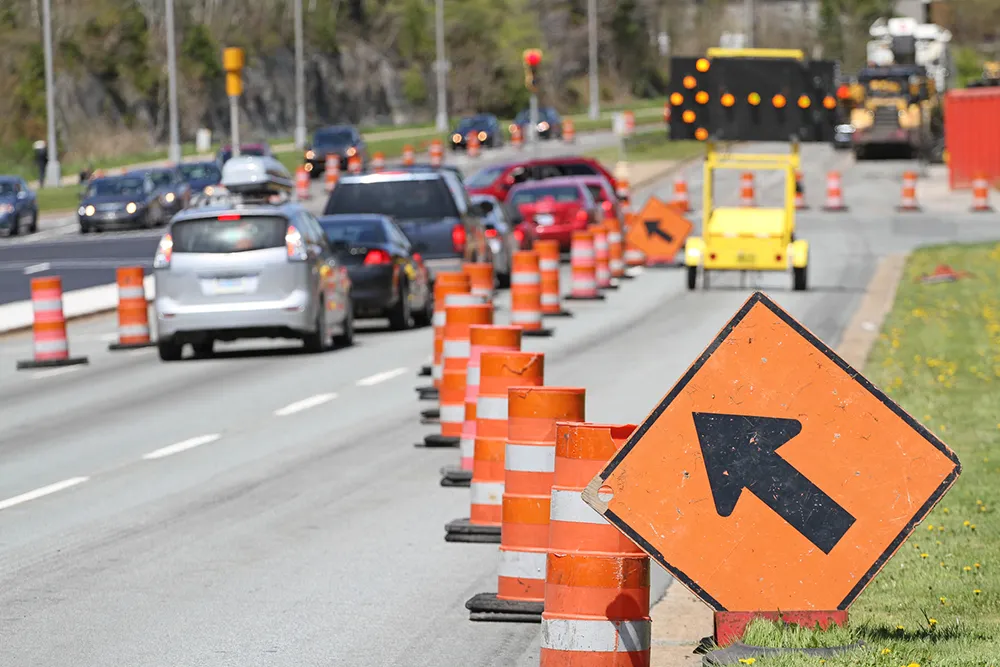ADN Mobile Solutions has developed Bled, a technical solution which – in conjunction with bespoke training and gamification tools – is designed to help bus drivers improve their driving efficiency. The goal is to reduce public transit emissions and provide cost savings, monitoring the way that vehicles are driven, and picking up on activities such as sharp braking or acceleration, giving personalised recommendations based on driving context.
Electronic and mechanical data from buses is analysed and pres
August 16, 2019
Read time: 2 mins
ADN Mobile Solutions has developed Bled, a technical solution which – in conjunction with bespoke training and gamification tools – is designed to help bus drivers improve their driving efficiency. The goal is to reduce public transit emissions and provide cost savings, monitoring the way that vehicles are driven, and picking up on activities such as sharp braking or acceleration, giving personalised recommendations based on driving context.
Electronic and mechanical data from buses is analysed and presented to drivers and company managers using different KPIs and representation techniques such as heat maps. On-board units can also provide real-time suggestions to drivers as they go along. ADN says fuel consumption improvements of up to 10% can be achieved. The open-source software can be integrated with existing third-party systems such as automatic vehicle monitoring (AVM).
Bled has been used by Seville public bus operator









